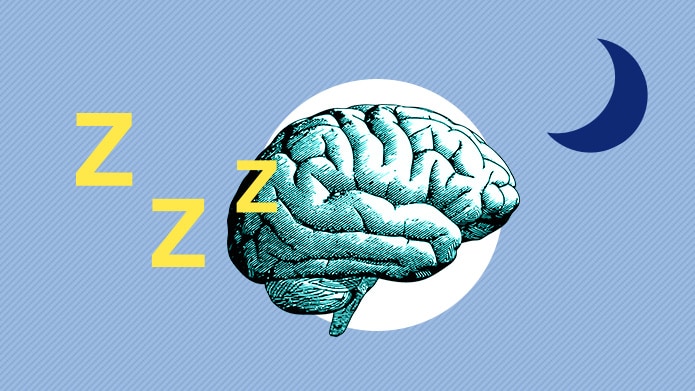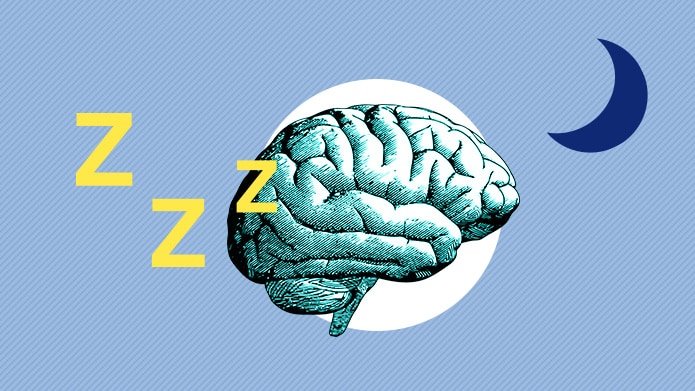There is no doubt that sleep is highly important for our survival. There have been several studies conducted to help us understand the benefits of a good night’s sleep. In this article, you are going to get an overview on why sleep is important and some tips to make sure you are getting your z’s!
What does the brain do when you sleep and why is it important?
It might seem like you are doing nothing when you sleep, but your brain stays very productive during this time. Here are some things your brain does when your asleep:
- When you sleep your brain gets rid of the toxic waste accumulated during the day. These toxins build up in the interstitial space (which is the space between the neurons) in the brain, and our brain “flushes” them out when we sleep. Prolonged exposure to these toxins could lead to neurodegenerative diseases like Alzheimer’s.
- Your brain uses this time to strengthen your memory, and also “delete” unwanted ones. According to an article in ‘The Conversation’, your brain uses the time during sleep to replay emotional memories (Ex. memories involving fear), procedural memories (Ex. riding a bike), and declarative memories (Ex. what you had for breakfast), in your hypothalamus, which is the region of the brain associated with memory. This replaying of memory helps strengthen your neural connection, making it easier to recall the memory. The brain also “deletes” unwanted or generally unused connections during this time.
- Sleep has a positive effect on mental health. According to an article written by Harvard “REM sleep enhances learning and memory, and contributes to emotional health — in complex ways.” This means that generally getting enough sleep might decrease your chances of having a mental illness. In fact, in the same article Harvard mentions that “ Studies using different methods and populations estimate that 65% to 90% of adult patients with major depression, and about 90% of children with this disorder, experience some kind of sleep problem.”
- Sleep is linked to better cognitive functioning. An article released by ‘Forbes’ mentioned a study that found out that “ just a little sleep deprivation—the loss of 2 hours of sleep per night for 14 nights—left participants with poorer performance on certain neurobehavioral tasks that involved attention and short-term memory.”
- You release a surge of growth hormone during deep sleep, that is used to repair damaged cells and grow new tissues. According to an article released by ‘Amerisleep’, sleep produces growth hormones to repair damaged tissues (Ex. build muscle tissues after a tough workout) and cells, but “it also uses growth hormone to fight stress and damage caused by the sun and the oxidizing environmental pollutants that we’re all exposed to on a daily basis.” This is why athletes generally require more sleep; they spend a lot of time under physical stress and need to repair their muscles.
The key takeaway here should be that your brain uses the time you spend sleeping to reset and recharge. Keep in mind that these are just some of the tasks of the brain, and there are many more important things that the brain accomplishes when you sleep.
Tips to help you get better sleep!
Now that you have an idea as to why sleep is important, here are some tips to help you stay on track and get enough sleep!
- Set a sleep schedule and stick to it
- Keep the bedroom slightly cooler than your body temperature
- No electronics at least an hour before bed
- Try relaxing before going to bed
- Avoid caffeine, alcohol, and narcotics later in the evening
- Exercising can help improve your quality of sleep
https://www.health.harvard.edu/newsletter_article/sleep-and-mental-health
https://pubmed.ncbi.nlm.nih.gov/21075236/

